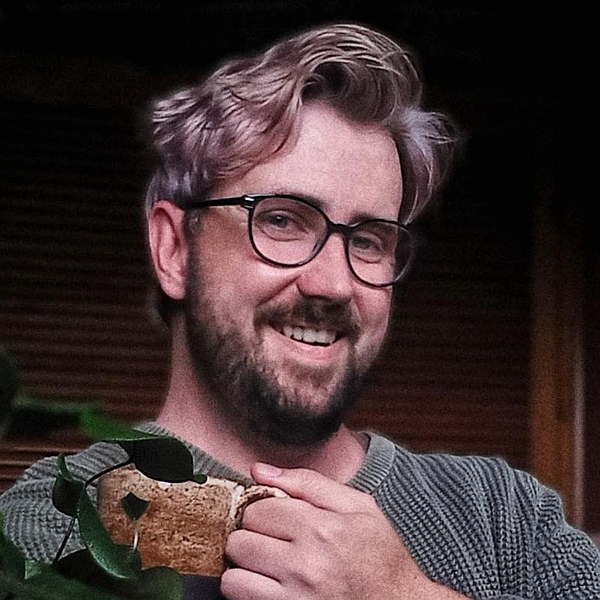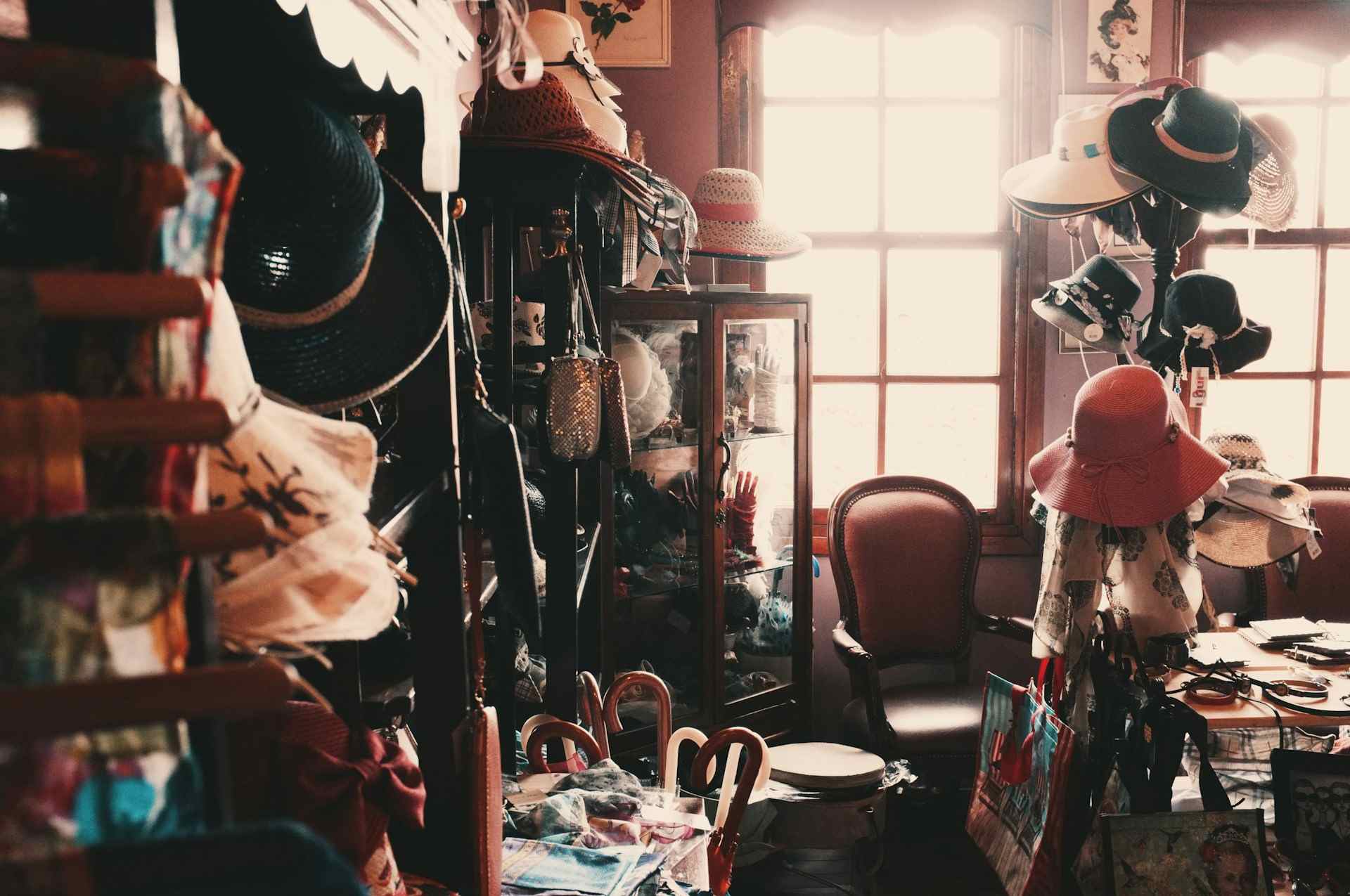Almost every relationship that faces betrayal and infidelity has to deal with guilt. Not only do the cheating partners deal with guilt over what they did, but the betrayed partner often feels huge amounts of guilt afterward, too.
It might seem nonsensical for the betrayed partner to feel guilt, but it begins to make sense when you break it down and understand it. Bearing guilt over the end of a relationship is surprisingly common, and sometimes, the first person we have to work on forgiving is ourselves.
The Illusion of Control
There are times in life when we struggle to accept what has happened. This often happens when we face the loss of a loved one in death. We might feel like we had a hand in their death because of something we did or didn’t do. This feeling of guilt is a common part of grief and often leads to bargaining behavior where we desperately wish things had been different.
When a relationship is ruined by infidelity and cheating, we experience grief in much the same way as when a loved one passes away. Along with feeling furious, demeaned, and disrespected, many of us will also feel guilty.
We feel guilty not because we were unfaithful, but because we feel like we could have done something different to avoid the situation entirely. Much in the same way that we begin bargaining after the death of a loved one, we might run through all the “what if” scenarios that we can think of.
We feel guilty because we believe that we could have changed the situation. When we start peeling back the layers of this thinking, we find that deep down, we believed we were in control of the situation.
 We can’t fix anything out of our control, so to feel guilty over something at the end of a relationship means that we believed we could control what was happening. The truth is that we were never in control of our partner’s choices. We might have decided to end the relationship, but we had no part in the choices that led to that decision.
We can’t fix anything out of our control, so to feel guilty over something at the end of a relationship means that we believed we could control what was happening. The truth is that we were never in control of our partner’s choices. We might have decided to end the relationship, but we had no part in the choices that led to that decision.
All the Maybes After Infidelity
As we process infidelity in a relationship, we often try to understand why our partner did what they did. Our thinking is that if we can find some rationality behind the situation, or if we can pinpoint who or what is to blame, we will begin to find closure. At this point, many of us will assume some degree of blame.
Assuming the blame for our partner’s infidelity can look like saying to yourself, “Maybe I could’ve been kinder,” or “Maybe I should’ve kept up with my body,” or “Maybe I could’ve stopped it if I found out earlier.” We might think that things could have been different if we had found a therapist or taken more of an interest in their state of mind.
The tough thing about contemplating all the “maybes” is that, sure, some of them could be true. Maybe if we had been more attentive or open, we might have been able to avoid the situation. Ultimately, though, that doesn’t help us.
Contemplating all the ways that we could have done things differently will only lead us to feel more guilty than we should about the situation. The truth is that regardless of all the things we did or didn’t do, our partner still chose to betray us, and nothing we can do will change the past.
Looking Forward After Infidelity
We likely don’t know what to do after infidelity. Betrayal has the effect of turning our worlds upside down. We will probably feel disoriented for a good amount of time. At some point, we have to quit obsessing over the what-ifs and begin thinking of the “What’s next?”
It’s natural and even healthy to stop and absorb everything that has happened. Turning our focus to the present and thinking of the future will essentially free us from a burden that was never ours to carry. Healing is a process and a journey, but the first step is choosing to leave guilt behind. Our next step might be to turn our focus to the future. It might look different from the one we first envisioned, but it might be better than we could hope for.
If you would like to meet with a counselor in Valencia to discuss any part of your journey, we can help connect you with one. Simply reach out to our office today at Valencia Christian Counseling, and we can take it from there. There are better days ahead for you.
Photo:
“Mountain Scene”, Courtesy of Kateryna Hliznitsova, Unsplash.com, Unsplash+ License
-
Wade Van Staden: Author
As a native of Zimbabwe, Africa I have always used what I have to help where and whomever I can. I became a certified counselor immediately after leaving school, and have worked in charities, missions, and community projects and churches ever since....
DISCLAIMER: THIS ARTICLE DOES NOT PROVIDE MEDICAL ADVICE
Articles are intended for informational purposes only and do not constitute medical advice; the content is not intended to be a substitute for professional medical advice, diagnosis, or treatment. All opinions expressed by authors and quoted sources are their own and do not necessarily reflect the opinions of the editors, publishers or editorial boards of Stone Oak Christian Counseling. This website does not recommend or endorse any specific tests, physicians, products, procedures, opinions, or other information that may be mentioned on the Site. Reliance on any information provided by this website is solely at your own risk.





